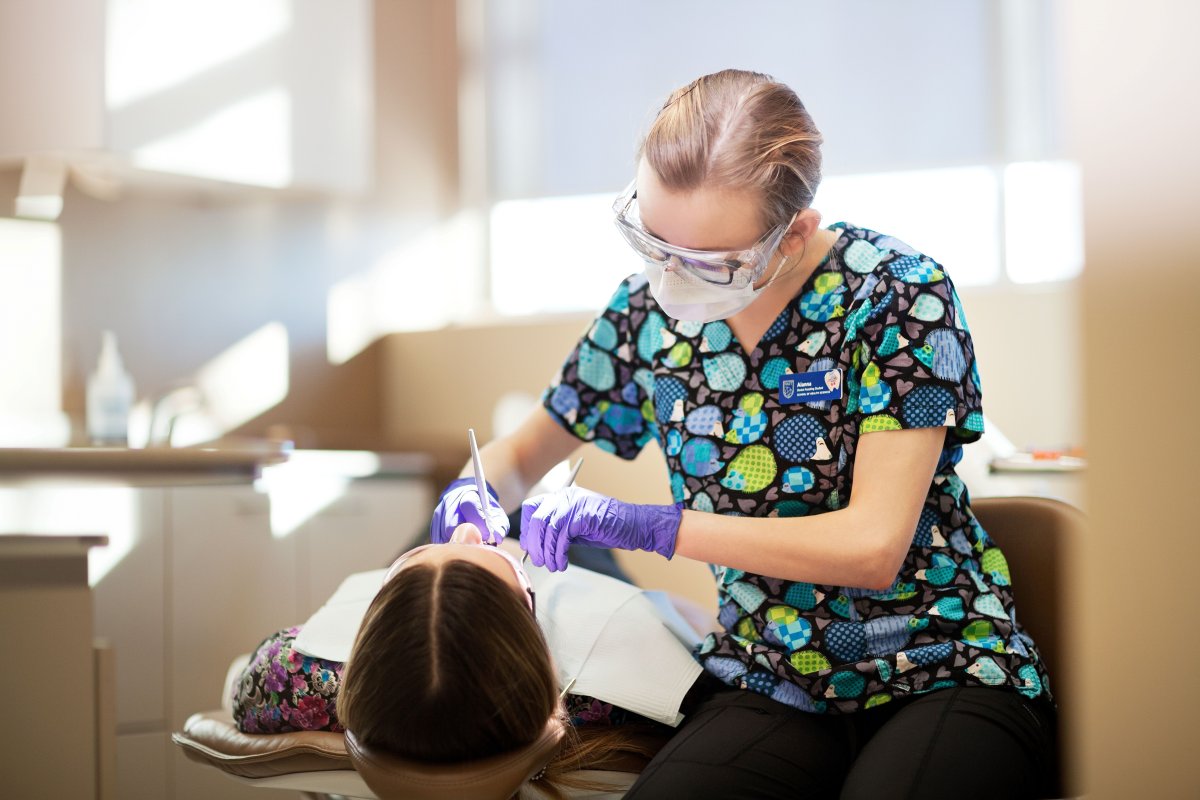Dentists in Alberta can now only provide emergency treatment to patients as coronavirus cases and concerns continue to rise in the province.

The Alberta Dental Association and College said in a notice on Tuesday that it was suspending all non-emergent treatments and services “effective immediately.”
“Emergency dental treatment may include treatment of oral-facial trauma, significant infection, prolonged bleeding or pain which cannot be managed by over-the-counter medications,” the association said.
“It is appropriate to provide needed care that if left untreated becomes a more significant burden on our health care resources and significantly compromises patient health.”
It said it was working on “dental-specific screening directions.”
Any dentists who are doing emergency treatments are being told to do a “thorough pre-treatment risk assessment” which includes a look at the risk to the patient, the oral healthcare provider and the greater community.

Dentists have a responsibility to help stop the spread of COVID-19, the association said, and if risks are found and can’t be mitigated, treatments must be postponed or referred to “an appropriate provider.”
The association said it is making a list of facilities where symptomatic patients could go for treatment, which will be given to dentists. Any care provided at other facilities has to be in line with the association’s infection prevention control standards, and the facility must be able to provide the proper personal protective equipment for oral healthcare providers.
The association is also working on creating resources for staff employment considerations, guidelines on treating emergent patients in dental offices and a list of places accepting patients.
Confused about COVID-19? Here are some things you need to know:
Health officials say the risk is very low for Canadians, but they caution against travel to affected areas (a list can be found here). If you do travel to these places, they recommend you self-monitor to see whether you develop symptoms and if you do, to contact public health authorities.
Symptoms can include fever, cough and difficulty breathing — very similar to a cold or flu. Some people can develop a more severe illness. People most at risk of this include older adults and people with severe chronic medical conditions like heart, lung or kidney disease.
To prevent the virus from spreading, experts recommend frequent handwashing and coughing into your sleeve. And if you get sick, stay at home.
For full COVID-19 coverage from Global News, click here.



Comments